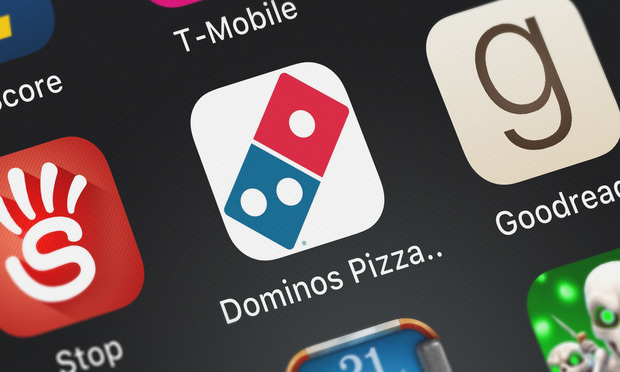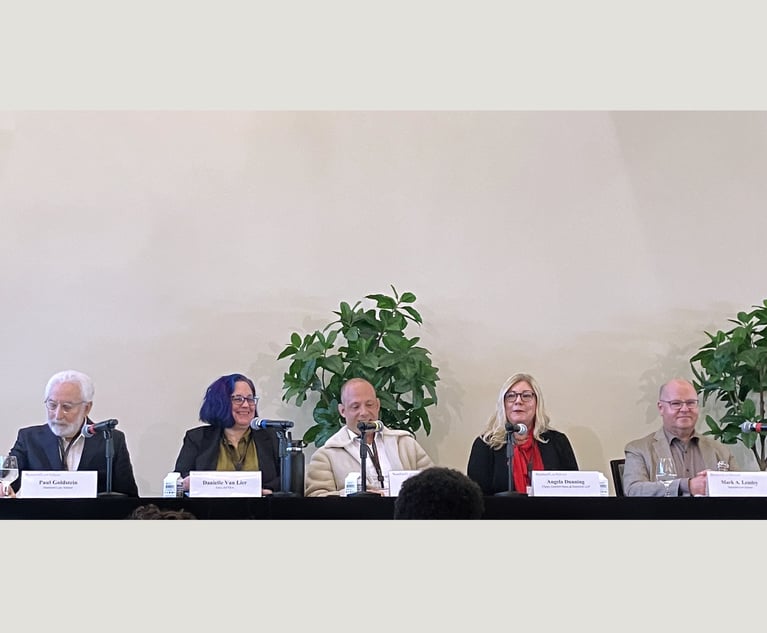In 2001, I wrote a law review article opining that the “public accommodations” provision of Title III of the Americans with Disabilities Act (ADA) applies to the internet. I argued that public accommodations are not limited to physical structures and concluded that companies doing business with the public on the internet should maintain websites that are accessible to visually impaired individuals or risk violating the ADA. Eighteen years later, litigation involving website accessibility under Title III has skyrocketed, and there are no signs of plaintiffs slowing down.
One such plaintiff is Guillermo Robles, a blind man who uses screen-reading software to navigate the internet. In September 2016, Robles filed a federal lawsuit against Domino’s Pizza (Guillermo Robles v. Domino’s Pizza) claiming Domino’s failed to design, construct, maintain and operate its website and mobile application to be fully accessible to and independently usable by the plaintiff and other blind or visually impaired individuals that rely on screen reading software to navigate the internet, in violation of the ADA and related accessibility laws.








